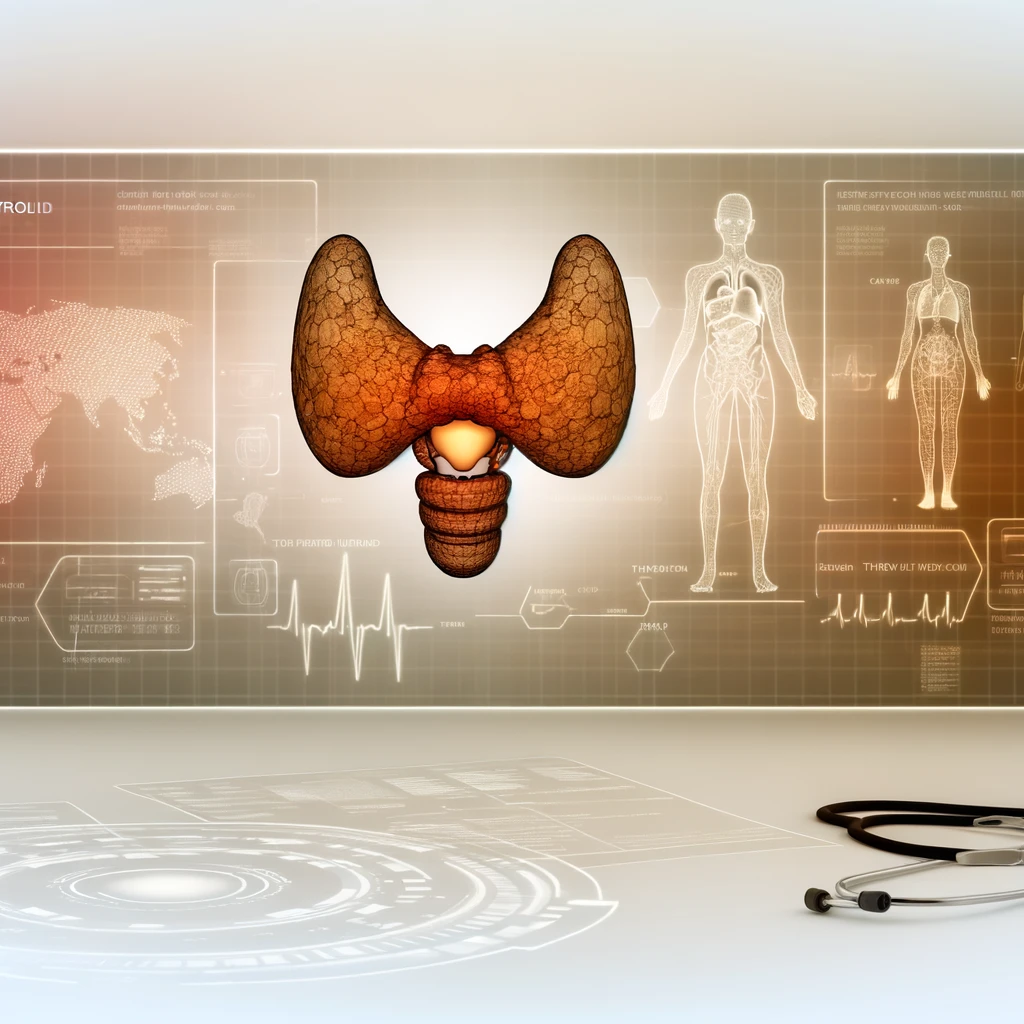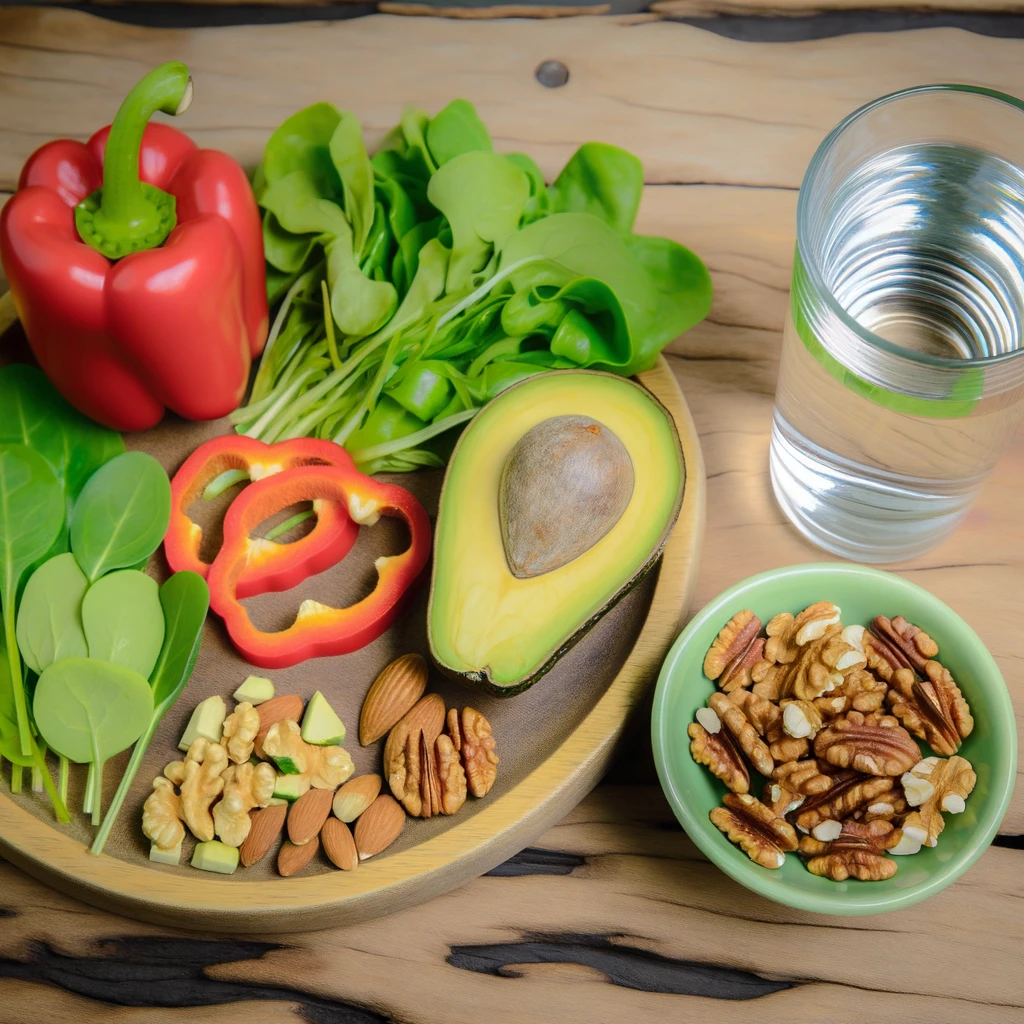
The Science of Happiness: How to Enhance Your Well-Being
In an era where mental health and emotional well-being are gaining the attention they deserve, understanding the science behind happiness can empower individuals to lead more fulfilling lives. This comprehensive guide delves into the key elements that contribute to happiness and offers practical strategies to enhance your well-being.
Understanding Happiness: A Scientific Perspective
Happiness is a complex emotional state that encompasses feelings of joy, satisfaction, and fulfillment. According to positive psychology, happiness is not merely the absence of negative emotions but the presence of positive ones. Researchers have identified several determinants of happiness, including genetic predispositions, life circumstances, and intentional activities.
The Role of Genetics
Studies suggest that genetics can account for approximately 40-50% of an individual's baseline level of happiness. While we cannot change our genetic makeup, understanding its influence allows us to focus on the aspects we can control, such as our thoughts and behaviors.
Life Circumstances and Happiness
Life circumstances, such as income, health, and relationships, contribute to about 10% of our overall happiness. Although these factors are significant, their impact on long-term happiness is less than one might expect. This is partly due to the phenomenon known as the hedonic treadmill, where people quickly adapt to changes in circumstances, and their happiness levels return to a baseline.
Intentional Activities
The remaining 40-50% of happiness is influenced by intentional activities. These are actions and practices that individuals consciously engage in to enhance their well-being. Examples include cultivating gratitude, practicing mindfulness, and nurturing social connections.
Strategies to Enhance Well-Being
Now that we have an understanding of what influences happiness, let's explore some effective strategies to enhance your well-being:
Cultivating Gratitude
Gratitude is a powerful tool for increasing happiness. Regularly acknowledging and appreciating the positive aspects of life can lead to improved mood and satisfaction. Keeping a gratitude journal, where you note down things you are thankful for, is a practical way to incorporate this practice into your daily routine.
Mindfulness and Meditation
Mindfulness involves being present in the moment and fully engaging with your surroundings without judgment. Meditation, a form of mindfulness practice, has been shown to reduce stress, increase happiness, and improve overall well-being. Even a few minutes of meditation each day can have significant benefits.
Building Strong Relationships
Humans are inherently social beings, and strong relationships are crucial for happiness. Invest time in nurturing relationships with family, friends, and colleagues. Meaningful connections provide emotional support, increase feelings of belonging, and contribute to a sense of purpose.
Engaging in Physical Activity
Regular physical activity is linked to numerous benefits, including improved mood and enhanced mental health. Exercise releases endorphins, often referred to as "feel-good" hormones, which can help alleviate symptoms of anxiety and depression while boosting overall happiness.
The Impact of Positive Psychology
Positive psychology is a branch of psychology that focuses on the strengths that enable individuals and communities to thrive. This field of study emphasizes the importance of fostering positive emotions, engagement, relationships, meaning, and accomplishments (often referred to as the PERMA model) to enhance well-being.
Positive Emotions
Experiencing positive emotions, such as joy, gratitude, and love, contributes to increased happiness. Engaging in activities that promote these feelings can help build resilience and improve overall life satisfaction.
Engagement and Flow
Engagement refers to being deeply involved in an activity, often leading to a state of flow. Flow is characterized by a sense of timelessness and complete immersion in an activity. Finding hobbies or tasks that induce flow can enhance well-being and provide a sense of accomplishment.
Conclusion
While the science of happiness reveals that some aspects of our well-being are beyond our control, it also highlights the power of intentional actions. By cultivating gratitude, practicing mindfulness, nurturing relationships, and engaging in activities that promote positive emotions, individuals can enhance their happiness and lead more fulfilling lives. Remember, happiness is a journey, not a destination, and even small steps can lead to significant improvements in your overall well-being.
Related Articles





